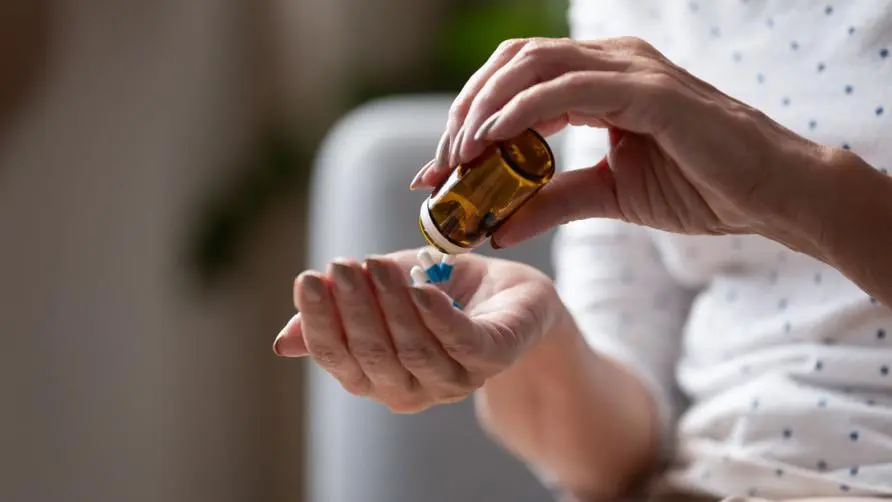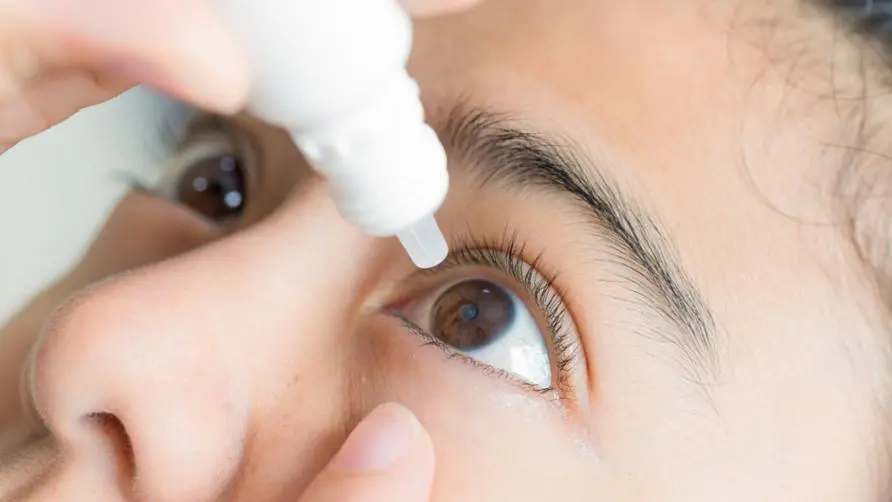Superbugs are attacking the world! In 2050, one person will die every three seconds. Master the "Four Don'ts and One Essentials" principle to avoid the risk of death.
Superbugs are attacking the world! In 2050, one person will die every 3 seconds
Antibiotics are an important tool for humans to fight bacterial infections, but the improper use and abuse of antibiotics have also led to a serious drug resistance crisis, which has been listed as a global medical problem by the World Health Organization (WHO). Once drug-resistant bacteria (superbugs) spread, they will not only reduce the effectiveness of treatment, but also increase medical expenditures, posing a major challenge to public health. Zhuang Renxiang, director of Taiwan Centers for Disease Control, pointed out that more than 5 million people die from antibiotics every year around the world. Related research also predicts that the average life span of the global population will be shortened by 1.8 years due to drug resistance in 2035, and that by 2050, one person will die every 3 seconds. Death from drug-resistant bacterial infection.
“Patients may eventually die because there are no antibiotics available!” Antibiotic resistance can be described as a “silent pandemic.” Due to the rapid changes in bacterial resistance strains, antibiotic resistance in hospitals has become a serious problem; Hong Eul-in, director of the Tri-Service General Hospital, said, Initially, bacterial infections can be easily treated and can be controlled with first-line antibiotics. However, as medical and public awareness of resistance to antibiotics is insufficient, antibiotics are sought as soon as they become sick, leaving more and more infected patients without any cure. Medical treatment and facing life threats.
Death rate among elderly people with infectious diseases increases by 80% when encountering antibiotic resistance
Antibiotic resistance refers to the improper use of antibiotics, which prevents them from fully functioning and leads to the evolution of antibiotic-resistant bacteria. These resistant bacteria will continue to multiply and reduce the response to this type of antibiotics, resulting in the availability of antibiotics. continues to decrease. The multidrug resistance problem currently facing Taiwan has a wide-ranging impact. It is not limited to the elderly and seriously ill groups. Related cases can be seen in all age groups, and it urgently needs the attention of all walks of life.
According to clinical studies, the mortality rate due to drug-resistant bacterial infections in children under 5 years old has dropped by 50%, but the mortality rate due to drug-resistant bacterial infections in elderly people over 70 years old has increased by 80%. As Taiwan enters a super-aged society, the problem of drug resistance among the elderly will also become more serious. Zhang Fengyi, Chairman of the Taiwan Infectious Diseases Society, pointed out that after the COVID-19 pandemic, the problem of drug resistance has worsened. Clinically, we see many infectious diseases without suitable drugs every day. The most important goal at present is to delay the occurrence of drug resistance and take time. In exchange for space, wait for the results of new drug research and development.
Antibiotics prescribed in outpatient clinics account for 90% of usage. Experts: It is related to patients’ expected efficacy.
Chairman Zhang Fengyi explained that antibiotics prescribed in outpatient clinics account for 80% to 90% of the total antibiotic usage, which shows that the public’s medical awareness of relying on antibiotics is related to the work style of clinicians. In order to reduce unnecessary use of antibiotics, the Taiwan Health Insurance Administration launched a health insurance subsidy program this year and invested NT$225 million in infection control improvement programs. It is expected to improve antibiotic use and infection control through an incentive mechanism for medical institutions. Reduce the proportion of drug-resistant bacteria.
Lin Deyu, director of the Infectious Diseases Department of the No. 3 General Hospital, pointed out that simple upper respiratory tract infections or new coronavirus infections do not require special use of antibiotics. On the contrary, if drug resistance problems occur, the number of hospitalization days may increase. For example, a common artificial joint replacement surgery in Taiwan generally only requires 3 to 5 days of hospitalization if there is no drug resistance problem. Once drug-resistant bacteria cause pneumonia, it may require hospitalization for more than 1 to 2 weeks, and even respiratory failure and life-threatening consequences. Antibiotics must be used judiciously.
The threat of superbugs is a global health issue. Avoiding misuse and inappropriate antibiotic treatment needs to be effectively implemented. Chen Jianliang, a physician in the Department of Infectious Diseases and Tropical Medicine at the Tri-Service General Hospital, called on the public to simply follow the “Four Don’ts and One Want” principle, including not actively asking for antibiotics. , do not buy antibiotics for yourself, do not take other people’s antibiotics, do not stop taking antibiotics casually, and use antibiotics in compliance with doctor’s instructions to help the next generation avoid a future without medicines.
Further reading:
Will “superbugs” dominate the post-COVID era? Experts: 33,000 lives may be lost every year





